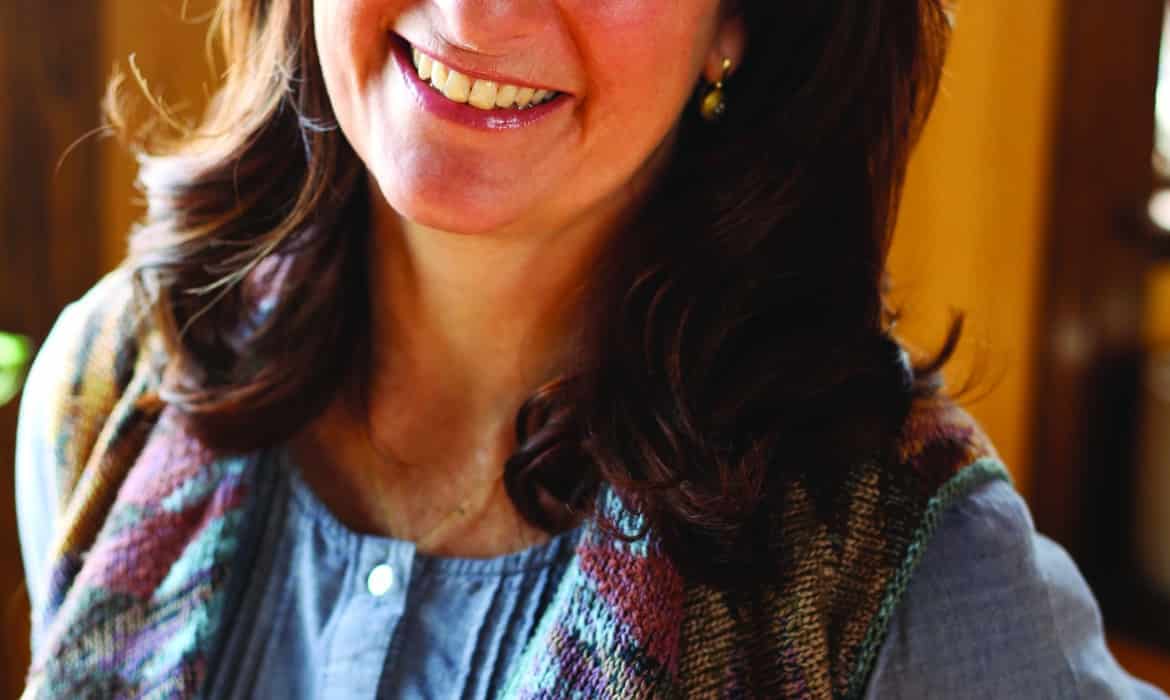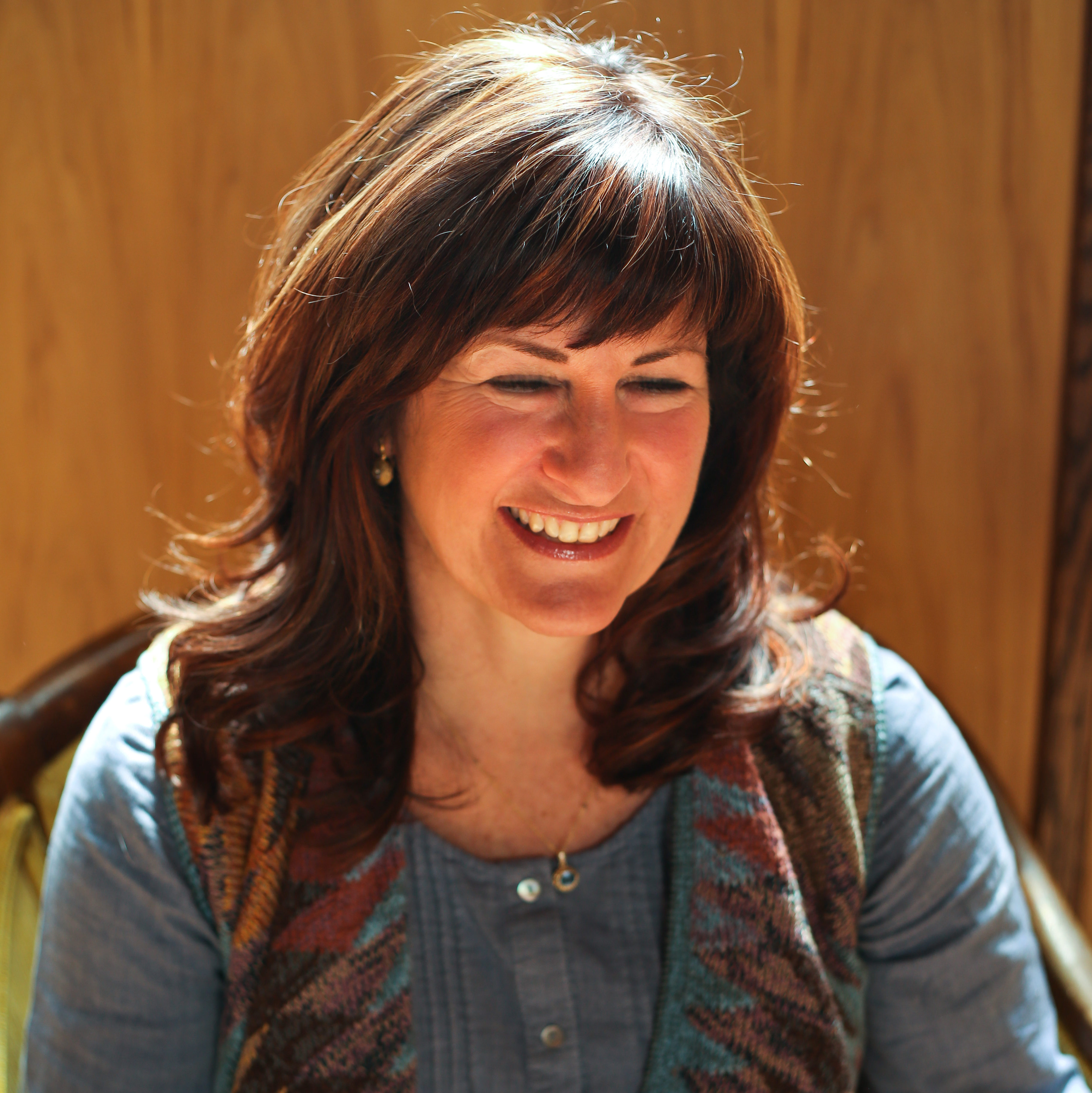
Usually, this column addresses the mastering of our individual health. Because of Covid-19, our country’s strong division, (un)natural disasters, and the economic maelstrom, the interdependence of the I and we is frightfully vivid.
And then this past September, I saw, on Netflix, the debut of the documentary Kiss the Ground, directed by Josh Tickell. I have voraciously read Tickell’s book on the same topic, Kiss the Ground: How the Food You Eat Can Reverse Climate Change, Heal Your Body & Ultimately Save Our World.
Kiss the Ground is a blueprint for how we can reverse climate change while nourishing our soil (and, thus, our food) and souls. Tickell believes, as do others, that carbon dioxide and methane, which we devastatingly unleash into our atmosphere, adding to the greenhouse effect, can be returned to the ground to produce nutrient-rich soil and subterranean water reserves.
Tickell encourages a return to no-till farming or to animal-tilled soil, which benefits both the cows and the land, as well as chemical-free fertilizing and pest control. Cow and bison manure are ideal crop fertilizers.
Go, bovine!
And I love this: Tickell says the soil is richly nourished by the planting of diverse crops, instead of monocrops such as corn, soy, and wheat. Continuously planting monocrops depletes our soils and causes desertification, making the land unusable for agriculture.
Isn’t the fabric of society also richer with a more diverse population? Shazam!
I understand and can feel in my cells how every I in nature is part of the flourishing we. This vital interrelatedness also exists within our own physiological systems as well as our societal systems.
How we nourish the ecosystem, ourselves, and our society determines the health of our individual and collective sustainability.
So, how do we I’s contribute to the health mastery of ourselves and the we? Start by incorporating any and all of these sustainable practices:
Compost. Composting your food scraps creates rich soil for planting while keeping food waste from rotting in landfills and producing the potent greenhouse gas methane. City and suburban composting services include Block Bins, Collective Resource Compost, Green Dirt, Healthy Soil Compost, The Urban Canopy, and WasteNot Compost. Farmers markets are often sites for compost pick up.
Make veggie-centric meals or eat vegetarian for a month, week, day, or meal. No need to eliminate animal-based proteins, just make them a side dish rather than the main dish. Make sure the meat and poultry you buy are grass-finished (grass-fed may refer only to feed at the beginning of an animal’s life) and humanely and sustainably raised.
Know your labels. Avoid buying food not labeled USDA organic. USDA organic is the minimally accepted standard by which organic food is grown. For information about food labels and explanations about produce, meat, poultry, and egg certifications, check out the Food Animal Concerns Trust (FACT), headquartered in Chicago.
Rethink lawns, parks, and golf courses. Keep harmful chemicals off the grass and out of the atmosphere and soil where human and animal bodies inhale them.
Plant more trees and gardens — fruit, vegetable, and flower. Harry Rhodes, executive director of FACT, suggests planting peach, pawpaw, cherry, and apple trees, all of which thrive in our Midwest climate. Allow leaves and dead plants to compost naturally in your yard, he adds.
Learn about humane food choices. FACT’s mission is to promote the safe and humane production of meat, milk, and eggs. Learn about food labels, antibiotics in food, dining out humanely, shopping at farmers markets, where to purchase humanely raised meats, and the organization’s Fund-a-Farmer grant program by visiting FACT’s website at foodanimalconcernstrust.org.
We are part of a miraculous ecosystem. Each of us I’s in the we need to contribute to this system so that each I can be nurtured, can be our unique contribution, and can add to the thriving we, which includes nature. Circle complete. Shazam!
Above photo: Groud level view of a row of soybeans in a no-till field. Originally published in the Spring/Summer 2021 print issue.

Kathleen Aharoni is a movement and life coach, forest bathing guide, and author of the award-winning book I breathe my own breath! She has served on the faculties of Northwestern University and Columbia College.












